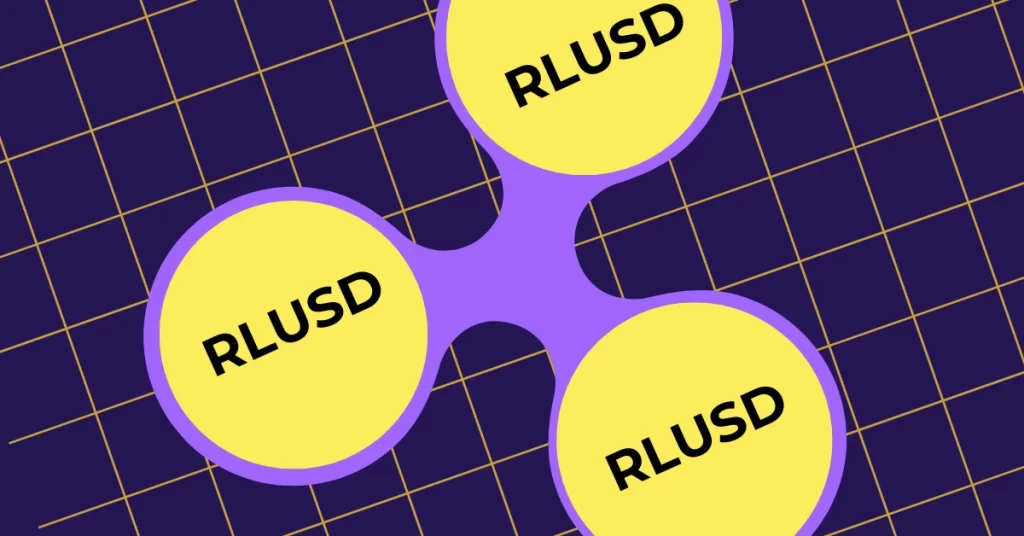IRS Rules Crypto Staking Rewards Taxable In Ongoing Lawsuit

The post IRS Rules Crypto Staking Rewards Taxable In Ongoing Lawsuit appeared first on Coinpedia Fintech News
As per the latest Bloomberg report, the Internal Revenue Service (IRS) has officially said that crypto staking is taxable, stating that tax liabilities arise as soon as staking rewards are received.
IRS Rules Crypto Staking Triggers Tax Liability Immediately
This ruling comes amidst an ongoing lawsuit from Joshua and Jessica Jarrett, a Tennessee couple staking on the Tezos network, who filed a lawsuit against the government regarding the tax clarification for crypto staking and how the IRS views it.
Notably, in a Dec. 20 court filing, the IRS rejected the Jarretts’ claim that staking generates “new property” that should only be taxed when sold. The government noted that “staking a cryptocurrency should induce a tax liability as soon as it is done.” It denied the idea that staking tokens fall under the same category as crops, books, or manufactured goods.
Significant Implications On Taxation Of PoS Rewards
The legal battle was filed in October of this year and could have massive consequences. The case is being closely watched by the crypto industry, as it could have significant implications for how staking rewards across all proof-of-stake blockchains are taxed in the United States.
The Jarretts’ legal battle with the IRS began back in 2021 when they sued for a refund of $3,293 in taxes paid on 8,876 Tezos tokens earned through staking in 2019, before the tokens were sold or exchanged. They argued that the tokens were “new property” that were created through their staking efforts and should only be taxed when sold, similar to a farmer’s crop or an author’s manuscript.
In 2022, the IRS tried to dismiss the case by offering the Jarretts a $4,000 tax refund for income taxes paid on their Tezos rewards. However, the Jarretts refused the refund and chose to continue the lawsuit to set a legal precedent for all staking participants across proof-of-stake networks.
“A year and a half into this process, the government didn’t want to defend the position that the tokens I created through staking were taxable income. I need a better answer. So I refused the government’s offer to pay me a refund,” Jarrett stated.
According to IRS guidelines released in 2023, block rewards from staking or mining are considered taxable income as soon as they are created, with tax liabilities determined by their market value at the time of creation.





